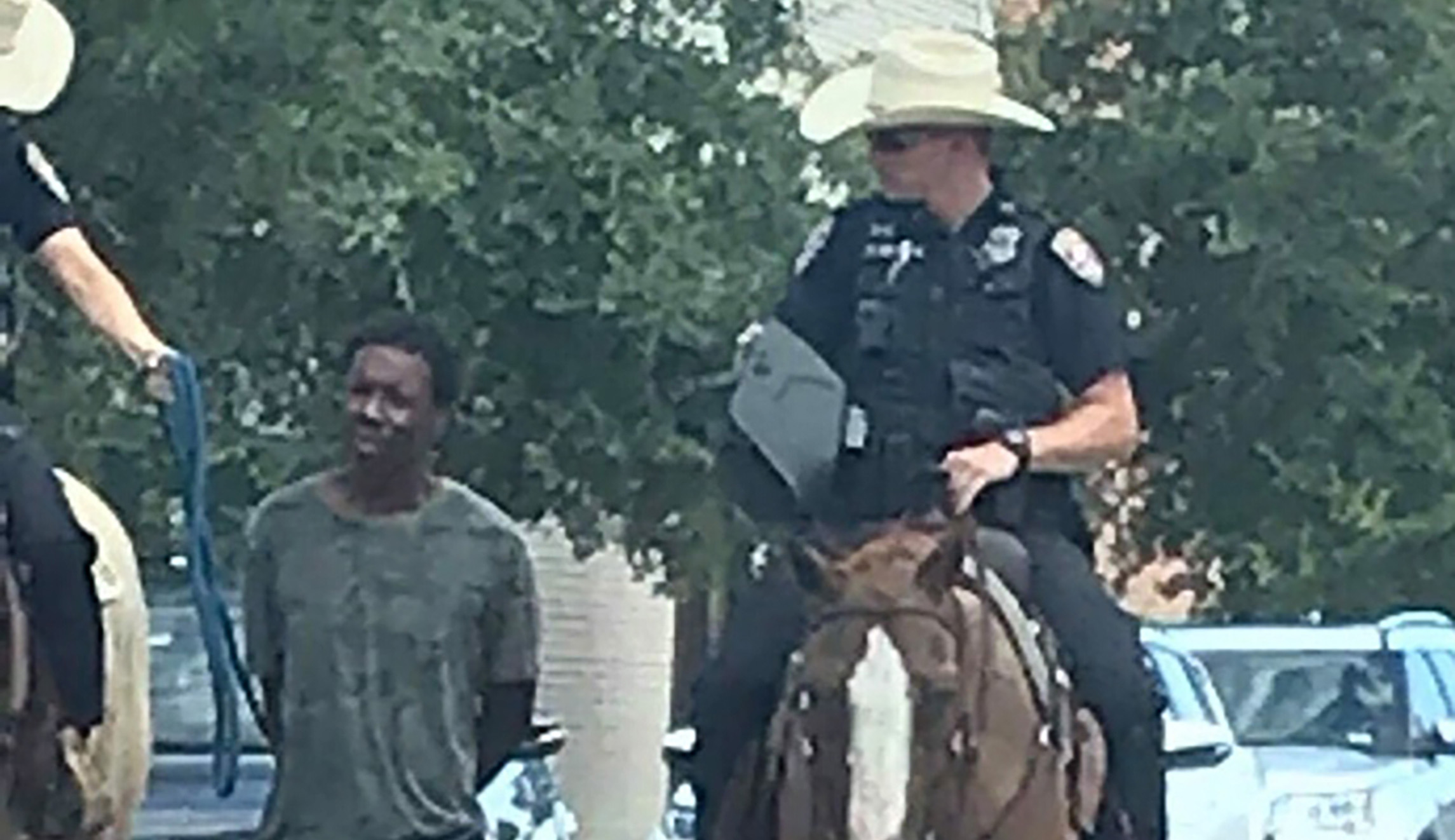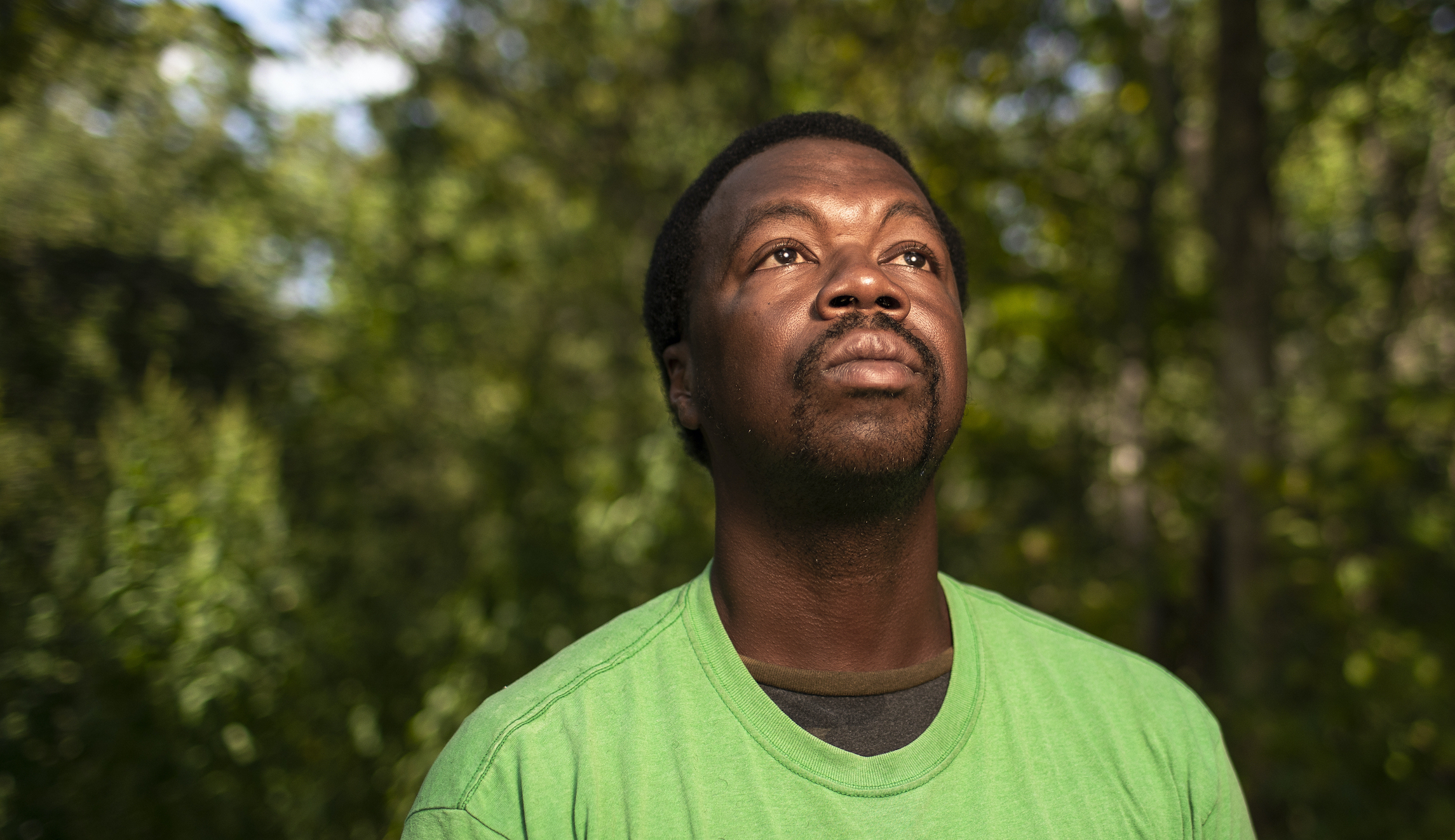A Texas man whose arrest by mounted police drew international outrage is suing the city of Galveston and its law enforcement for $1 million.
The lawsuit was filed last week in Galveston County District Court on behalf of 44-year-old Donald Neely. Photos and videos from the August 2019 incident show white mounted police in Texas leading the recently arrested black man down a street with a rope.

The lawsuit claims that the incident caused Neely mental anguish and accuses the city of malicious prosecution for the arrest itself. Neely, who was homeless, had been apprehended on a criminal trespass charge last year after he was caught sleeping on a sidewalk. The charge was later dismissed.
“Neely suffered from handcuff abrasions, suffered from the heat, and suffered from embarrassment, humiliation and fear as he was led by rope and mounted officers down the city street,” the lawsuit reads, according to ABC News.
It goes on to say that the officers involved should have recognized that Neely, “being led with a rope and by mounted officers down a city street as though he was a slave, would find this contact offensive.”
“Neely felt as though he was put on display as slaves once were,” the lawsuit added.

After the photos and videos of the arrest were released, Galveston Police Chief Vernon Hale issued a statement apologizing for the “poor judgment” shown by the arresting officers. Additionally, the department said people who have been arrested will no longer be transported using mounted officers.
“Although this is a trained technique and best practice in some scenarios, I believe our officers showed poor judgment in this instance and could have waited for a transport unit at the location of the arrest,” Hale said at the time.

